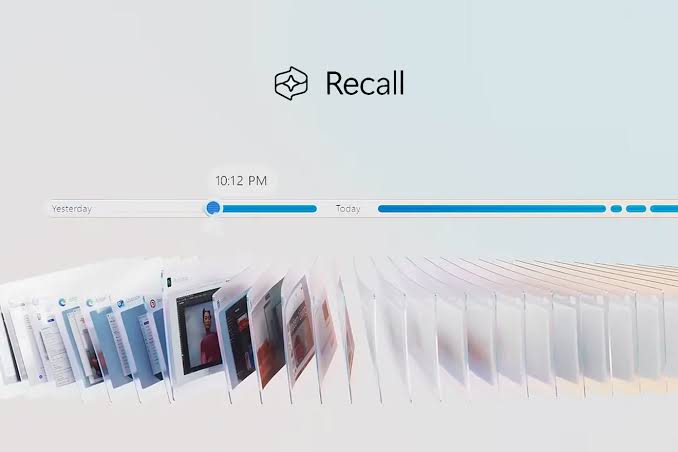Signal has taken a bold step to safeguard user privacy by blocking Microsoft’s AI-powered Recall feature from capturing screenshots of conversations on its Windows 11 app.
Recall, which automatically collects images of open windows every few seconds to create a searchable database, has been the subject of continuous privacy concerns. This change was announced on Thursday.
Signal’s screen security: A new defence against Recall
The new “screen security” feature in Signal uses Digital Rights Management (DRM) technology to mark Signal’s app windows as protected content. This prevents Recall and other screenshot tools from capturing Signal conversations.
The feature is enabled by default on all Windows 11 devices running Signal Desktop, reflecting the app’s commitment to privacy even at the cost of some usability trade-offs.
Signal developer Joshua Lund explained that Microsoft’s Recall still places privacy-preserving apps like Signal at risk despite multiple updates. Because Microsoft has not provided developers with tools to control Recall’s screenshotting behavior, Signal had “no other option” but to implement this DRM-based workaround.
Users can turn off screen security via Signal Settings > Privacy > Screen security, but doing so triggers a warning that Windows may capture screenshots of Signal chats, potentially compromising privacy.
Microsoft Recall: Privacy concerns and Signal’s response
Microsoft introduced Recall in May 2024 as an AI-powered feature that continuously screenshots user windows to enable natural language search of past content.
However, security experts immediately flagged it as a “privacy nightmare” and a serious security risk since attackers could exploit the feature to steal sensitive data.
In response to the backlash, Microsoft made Recall an opt-in feature requiring Windows Hello authentication and added filters to exclude sensitive information like credentials and credit cards. Additional protections, such as rate limiting and the ability to delete snapshots, were also introduced.
Despite these changes, Signal remains unconvinced. The app’s developers argue that Recall’s lack of granularity in excluding privacy-focused apps forces them to block the feature entirely to maintain chat confidentiality.
Signal’s approach mirrors DRM protections used by streaming services to prevent unauthorised screenshots, underscoring the seriousness of the privacy threat posed by Recall. However, this also means users cannot take screenshots of Signal chats while screen security is enabled, which may affect accessibility tools like screen readers.
Signal has publicly criticized Microsoft for its poor implementation of Recall and warned that it may reconsider Windows support if privacy concerns persist.
This development highlights the growing tension between operating system-level AI features and privacy-focused applications. Signal chose to prioritize user confidentiality through technical safeguards on Windows 11.
















